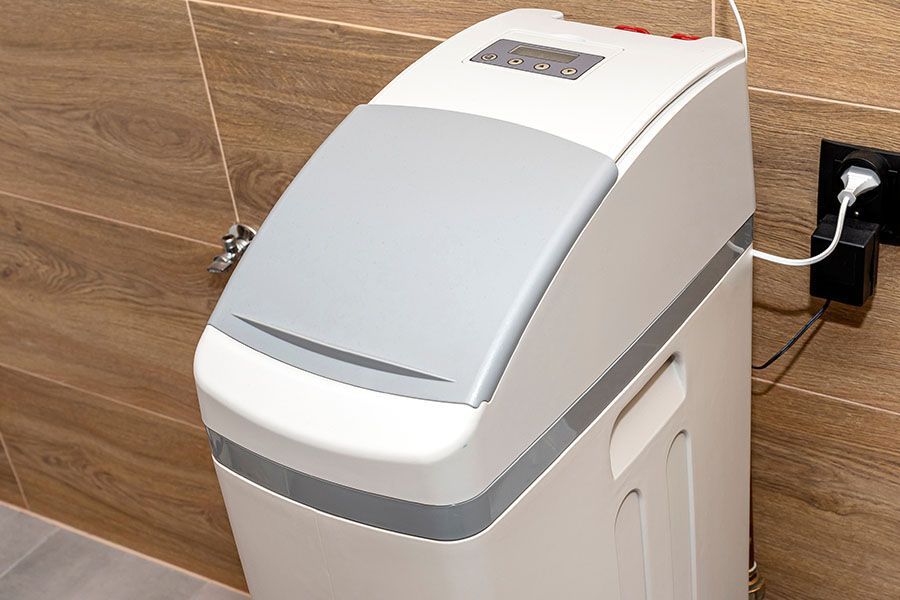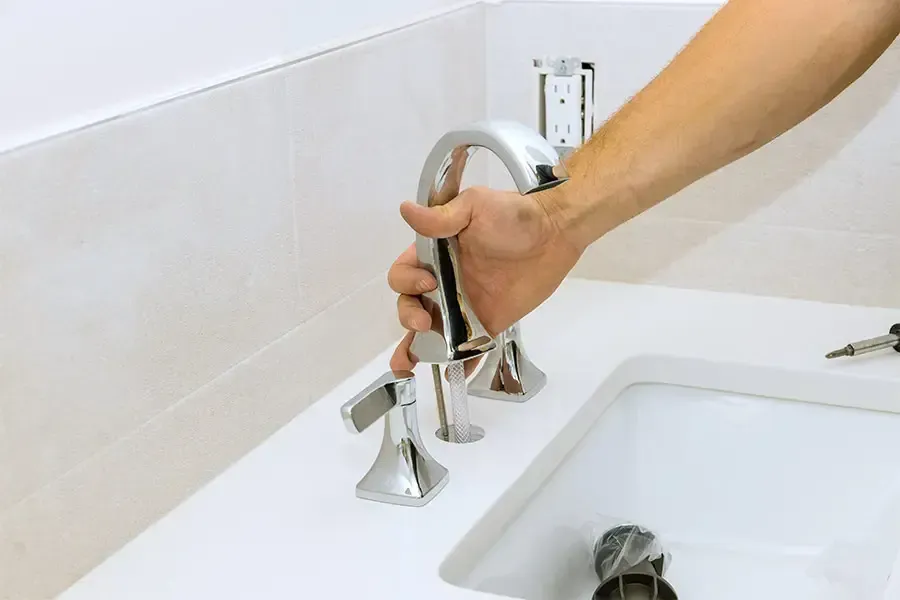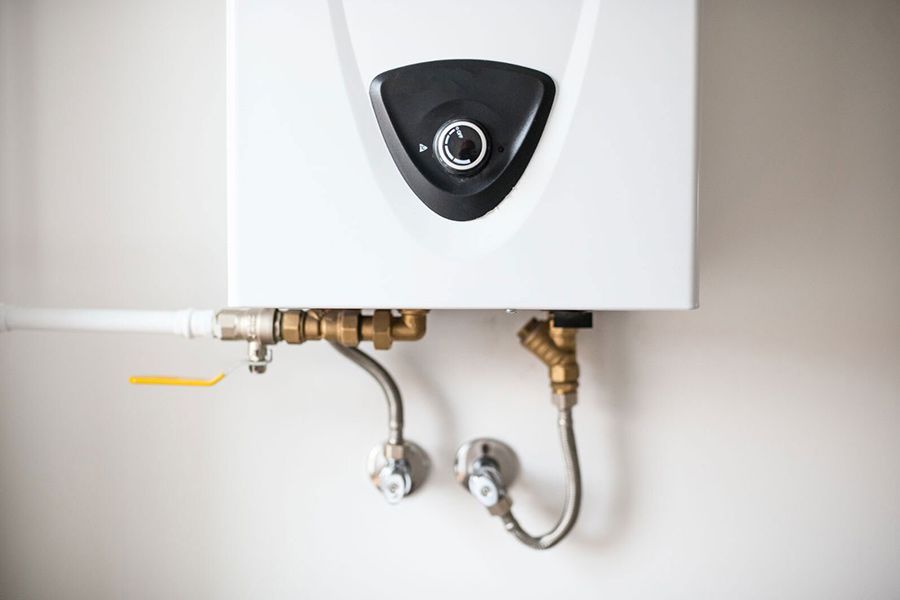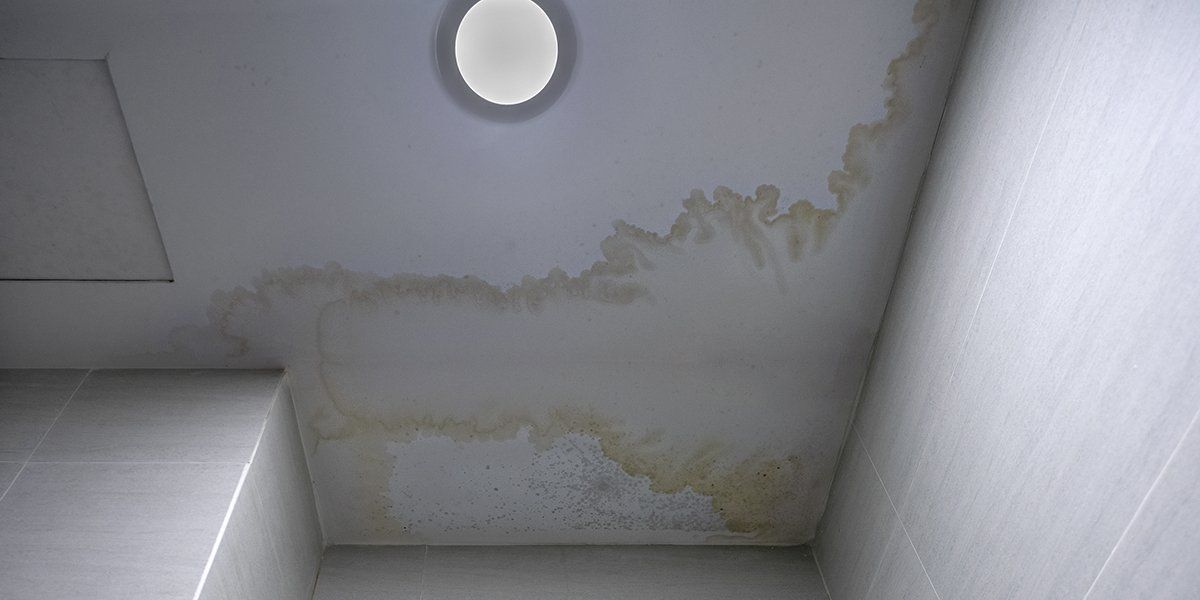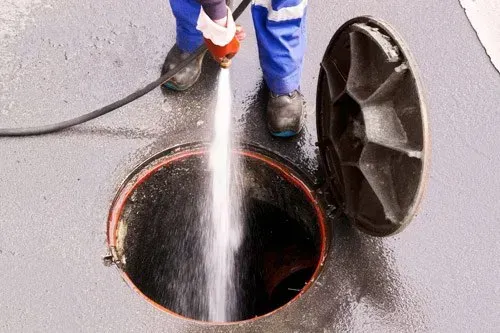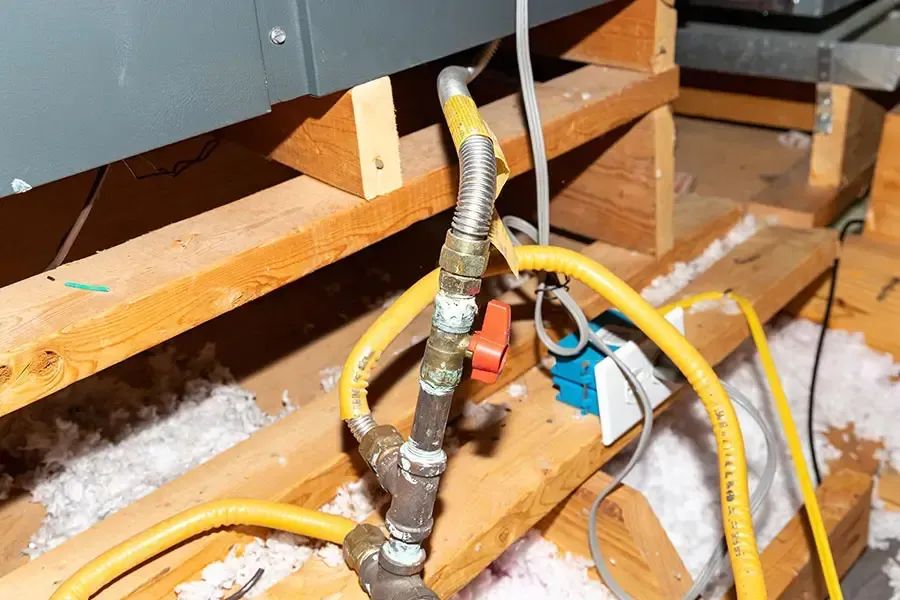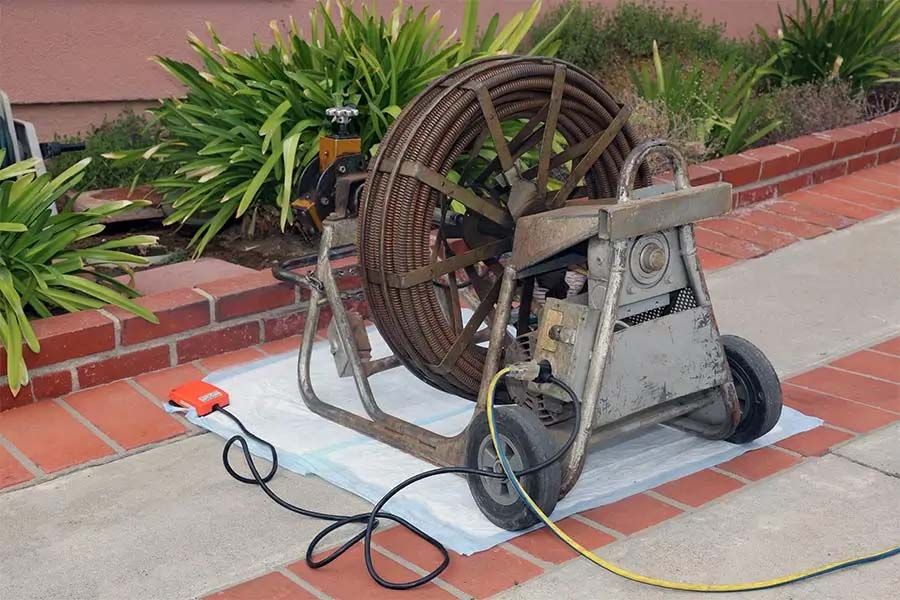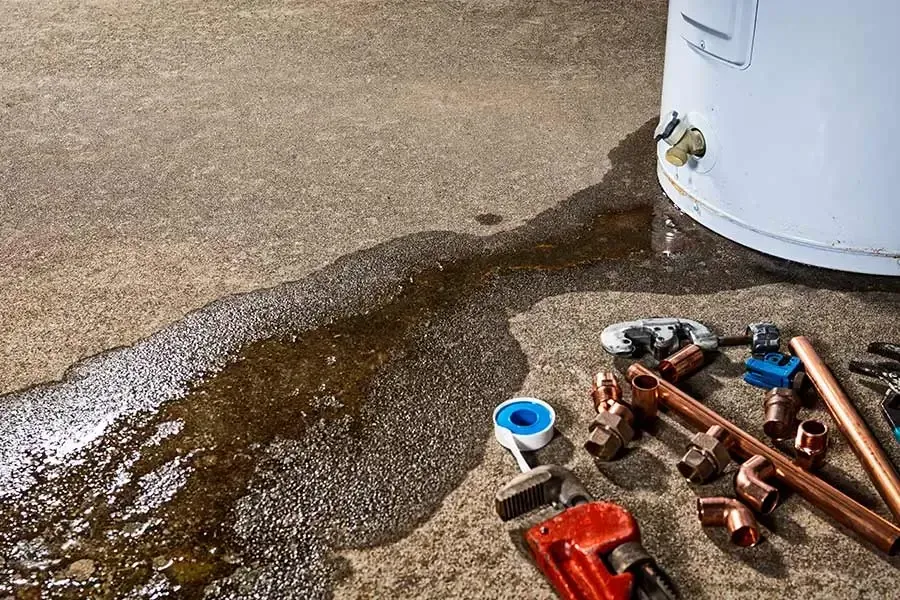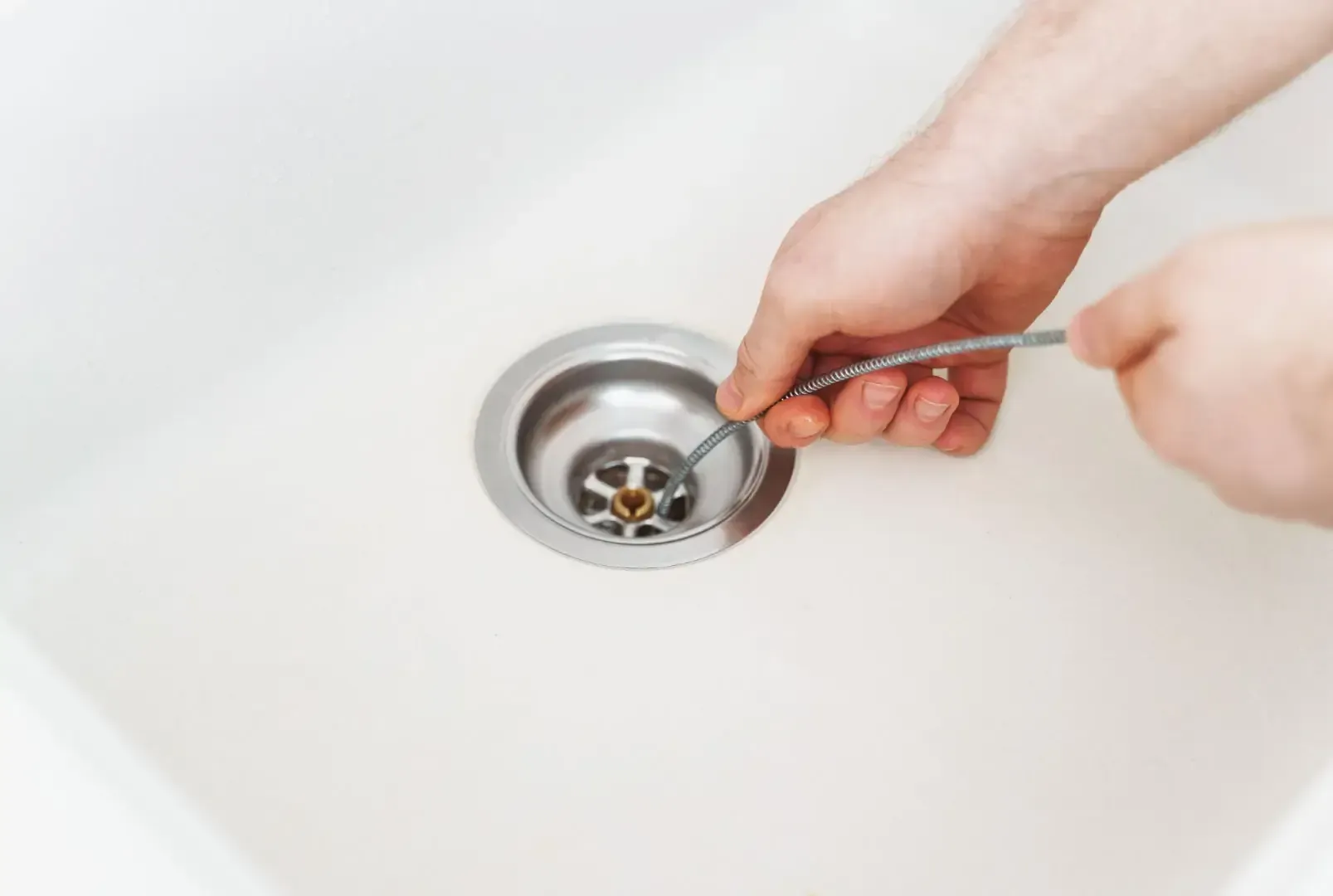How To Tell If Your Plumbing Pipes Are Bad
Are neverending plumbing problems ruining your mood? Sometimes, you just have bad plumbing pipes at play.
As Chardon’s leading plumber, Formica Plumbing & Sewer Co. encounters many property owners juggling repeated plumbing issues. Facing yet another clog or leak might indicate something bigger, but how do you tell? Keep reading to find out.
Do These Problems Apply to Your Pipes in Chardon, Ohio? You Might Have Bad Plumbing Pipes
Does your property just have a leak, or is there a weightier concern? Age or pipe damage may manifest as small, routine plumbing problems. If you’d like a clearer picture of your plumbing system’s performance, keep tabs on the signs listed below.
Outdated Pipe Materials
Pipes in diverse materials have different lifespans. What pipe material does your plumbing system predominantly contain?
- PEX: 25 to 50 years
- PVC: Up to 100 years with proper maintenance
- Copper: Around 80 years
- Steel: Potentially 100 years
- Iron: 50 to 100 years, depending on quality
When did the original owner install the plumbing or last update the pipes? Professionals like Formica Plumbing & Sewer Co. also recommend a check for lead content because the Environmental Protection Agency calls for lead-free pipes. You’ll want to change out any lead piping to something safer.
Declining Pressure and Water Quality
Showers should feel relaxing and help you release the day’s tensions, not feel as though you have to run around to get wet. Poor pipes cannot carry water as efficiently, leading to the annoying problem of low water pressure.
If faucets release water at a snail’s pace, the unsatisfying trickle won’t feel as cleansing. You might also notice that your water looks, tastes, or smells off. Ideally, pure, fresh water should have no discernable characteristics, so if you’re noticing particles or tastes, you might be facing corroded pipes.
Why not schedule a water analysis to determine what particles have entered your water supply and inform you about their origins? Some contaminants push their way through the water treatment process, in which case, you might want to install a water filtration system. Anything that comes from degrading or corroded pipes will need a deeper plumbing solution.
Water Discoloration
When you turn on a sink faucet, is the water a brownish or reddish hue? Rust-colored water likely means oxidized metal pipes or dirt infiltration. You may also see light-colored particles floating around in your water glass.
If you’re seeing visible particles like this, stop drinking the water and contact a plumber in Chardon, Ohio, for emergency pipe repair. In this case, you may want to plan your budget around replacing bad plumbing pipes as soon as possible.
Repeated Leak and Drain Repairs
You’re bound to wrestle a drain blockage now and then, including tussles with a swamp-thing that looks like it was inspired by a horror film. Flushing greasy plugs from your kitchen sink is one thing, but your rendezvous with gelatinous, unidentifiable substances should only occur every few months. Frequent clogs indicate bad plumbing pipes, as do slow drains and ever-present leaks.
When pipes develop corrosion, their interiors become rougher and more prone to snagging hair and food particles. They also thin out, which is why they gradually form leaks.
Strange Smells and Plumbing Sounds
Do awful odors sometimes dominate the rooms housing your major plumbing fixtures? For instance, you might wrinkle your nose when:
- You enter the kitchen and detect the stench of decaying food.
- Your bathroom smells like old eggs, indicating an imminent sewage backup.
- Your shower or tub drain smells like scummy soap.
One or two fixtures smelling bad might mean a regular clog, but pervasive smells need urgent professional attention.
Some homeowners also report noisy pipes and drains. Some sounds you’ll hear if the plumbing is struggling include:
- Gurgling drains when you aren’t draining any water
- Dripping behind walls
- Running water noises when no fixtures are working
Don’t ignore these sounds – your plumbing is trying to warn you about approaching trouble.
Property Damage and Water Stains
In this line of work, there are endless examples of how persistent hidden leaks inevitably destroy building materials. While the signs might seem minor at first, they don’t stay that way.
Don’t hesitate to get a trustworthy plumber onboard if you notice cosmetic problems like:
- Damp flooring: You don’t remember spilling water on the carpet? Random wet spots indicate damaged subterranean plumbing.
- Wet walls: Are your walls “sweating” during hot weather? Cool water behind the walls might be attracting warm moisture from outside and causing condensation.
- Water stains: Are brown or yellow stains spreading across your ceiling and wall? Water might be seeping into the materials.
- Bubbling paint: Sometimes, water seeps between the wall and the paint, which will bubble up and peel.
- Buckling and warping: Are your hardwood floors or tile and grout rising, warping, or loosening? This happens when water collects beneath them. Typically, wooden slats buckle upwards, and tile grout cracks.
- Swampy lawns: That one vibrant patch in your yard isn’t just miraculously healthy grass – underground pipes are likely keeping it well-hydrated. Check if the soil feels squishy and wet beneath your feet, even if it hasn’t rained.
Each of the listed symptoms above will warrant immediate intervention from a professional plumber. Even if your pipes are largely in good condition, perpetual moisture will lead to property damage. It also creates a suitable environment for mold and mildew, allergens, and other respiratory sensitivities for the building occupants.
Excessive Water Bills
The final category here is an obvious clue that your pipes have a problem. Bad plumbing always hits you where it hurts: your wallet.
You know how much water you use monthly and can predict your water bill expenses. A sharp uptick indicates a leak. If you don’t want to shoulder higher bills and expensive water damage repairs, you’ll want to call a plumber.
Let Formica Plumbing & Sewer Co. Fix Your Bad Plumbing Pipes in Chardon, Ohio
You can remedy bad plumbing pipes with help from Formica Plumbing & Sewer Co. Our residential and commercial services include reliable repiping, burst pipe repair, and emergency plumbing services. Call for service in Chardon, Ohio!
Author Bio:
Matt Formica
He worked side by side with his cousin, Frank D. and sister Linda, in the office. The company has grown and now has six vans helping the surrounding communities with plumbing and sewer issues.
